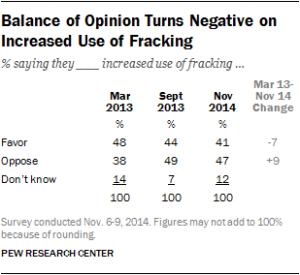House approves Keystone XL again, Senate up next
The U.S. House approved, for the ninth time, construction of the Keystone XL pipeline, designed to carry Canadian tar-sands oil to the Gulf of Mexico.
The bill passed Friday by a vote of 252-161, but prospects in the Senate are unclear. The Senate is due to take up the bill Tuesday, but the measure must beat the 60-vote threshold to move forward.
USA Today reports:
If it overcomes a 60-vote threshold it will head to President Obama’s desk where he will either sign it into law or veto it. The president has delayed a decision on the pipeline, deferring to an ongoing review at the State Department, but White House spokesman Josh Earnest suggested Thursday that the president could veto it.
Obama has declared previously that he would only approve the pipeline if it could be demonstrated that the project wouldn’t increase greenhouse-gas emissions.
Democratic Sen. Mary Landrieu of Louisiana has been promoting her own bill in the Senate. The bill approved Friday was sponsored by Rep. Bill Cassidy of Louisiana. He will face Landrieu in a runoff election next month for the Senate. Landrieu has an uphill battle to win a fourth term: Although she beat Cassidy by 1.2 percentage points on Election Day last week, neither candidate won at least 50 percent of the total, forcing the runoff. Observers expect much of the support of the third-party candidate in that race, Rob Maness, a Tea Party favorite who won 14 percent in the election, to swing to Cassidy.
Why is Landrieu so strongly in favor of Keystone XL? A story on Slate.com tried to figure that out, as well as why the leadership in the (for now) Democratic-controlled Senate is so willing to bring her bill to the floor for a vote:
What’s befuddling isn’t that the Democrats are playing politics with Keystone—it’s that they’re playing them so poorly. Thanks to their seven-seat-and-counting gain on Election Day, Republicans will take control of the Senate next year for the first time since George W. Bush’s second term. More importantly for the Keystone crowd, the pipeline is all but certain to have a filibuster-proof 60-plus votes in the next Senate, whether Landrieu is there or not.


